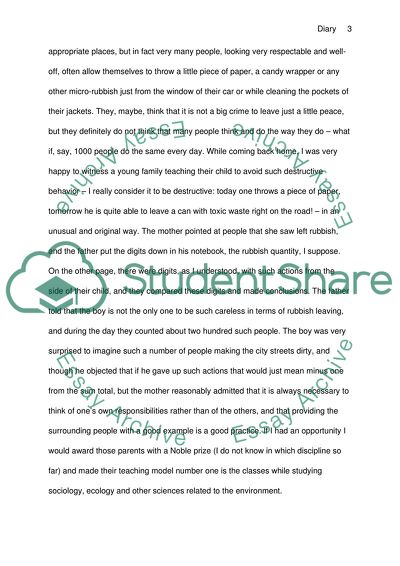Cite this document
(Learning Diary: a Change Is as Good as a Rest Personal Statement, n.d.)
Learning Diary: a Change Is as Good as a Rest Personal Statement. Retrieved from https://studentshare.org/social-science/1867550-learning-diary
Learning Diary: a Change Is as Good as a Rest Personal Statement. Retrieved from https://studentshare.org/social-science/1867550-learning-diary
(Learning Diary: A Change Is As Good As a Rest Personal Statement)
Learning Diary: A Change Is As Good As a Rest Personal Statement. https://studentshare.org/social-science/1867550-learning-diary.
Learning Diary: A Change Is As Good As a Rest Personal Statement. https://studentshare.org/social-science/1867550-learning-diary.
“Learning Diary: A Change Is As Good As a Rest Personal Statement”, n.d. https://studentshare.org/social-science/1867550-learning-diary.


